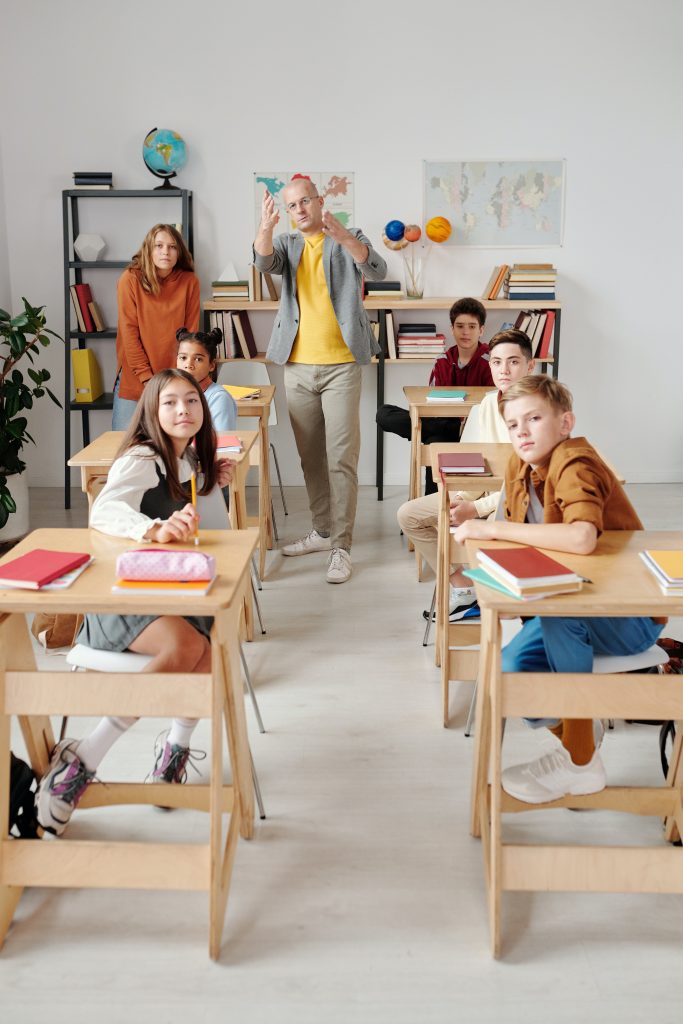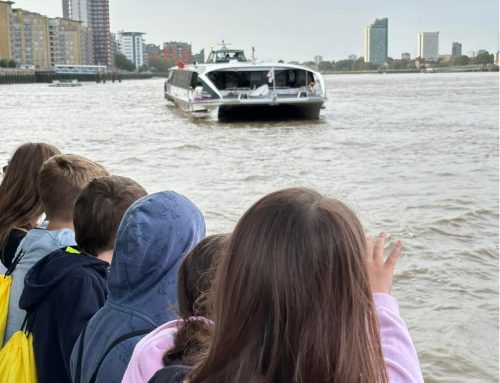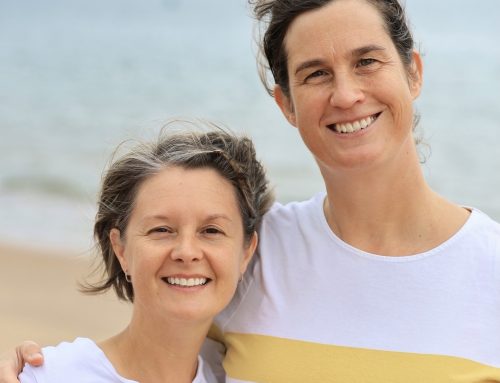 Earlier this week, I observed a young teacher navigate a fiercely confrontational and unnecessarily public conversation with a vocal parent who was ill informed about the schools’ statutory obligations to deliver the RSE curriculum.
Earlier this week, I observed a young teacher navigate a fiercely confrontational and unnecessarily public conversation with a vocal parent who was ill informed about the schools’ statutory obligations to deliver the RSE curriculum.
A pleasant start of term ‘meet the teacher’ session which should have been about ‘new class routines’ and ‘which day P.E. was timetabled’ was dominated by an individual who was neither acquainted with the actual contents of the curriculum, nor the philosophy behind it.
Despite the unsurprising awkwardness within the room, the teacher was well informed, and professionally, yet firmly addressed the parental concern and moved on to the task at hand; admirably reassuring the individual that the school’s policy on RSE curriculum delivery was robust, appropriate and sound.
Nevertheless, one phrase “…that trans stuff ain’t happening on my watch” that was used by the parent to emphasise a personal opinion about Transgenderism epitomised the all too common misunderstandings that are in circulation amongst the wider public in relation to the RSE curriculum.
Misinformed rhetoric about LGBT+ and inclusive RSE has become a debate perpetuated by provocative journalism in our media that reports ‘dangerous and inappropriate’ content being delivered to pupils.
It must be acknowledged that problems can occur with new curriculum policy, and no doubt there is some room for clarification in this one; yet it still remains unclear as to the extent of the recent adverse reports. Errors can occasionally be made, but the majority of problems with the misdelivery of any curriculum are due to training needs and teacher inexperience. The pandemic hindered the roll out of the policy, and investment in CPD has been limited – but in my experience as an educator, most schools are utilising the guidance well in order to plan their RSHE offer.
I have had the privilege of seeing some excellent examples of practice in both State and Independent schools – where the planned provision and delivery of RSE teaching and learning has been well shaped to the needs of the school community.
I’ve seen children actively learning that their bodies are their own; and that they have rights and skills to say when something makes them feel uncomfortable
I’ve watched lessons where young people who have uncertain feelings about their gender identity or sexual orientation have been given an avenue to be curious, ask questions and seek support they need. I’ve noticed the LGBT+ community being represented and included in a relevant way.
I’ve seen provision for adolescents who are becoming sexually active to have access to professionals offering accurate advice, knowledge and understanding about consent and coercion.
And I’ve spoken with parents who have talked about how much they value having the opportunity to learn about the complexities around RSE that their children are facing through attending parent seminars and workshops offered at schools.
Government policy states,
“The government is determined to make sure RSHE teaching leaves children equipped to make informed decisions about their health, wellbeing and relationships, in a sensitive way that reflects their stage of development”
I really hope this 2023 review builds on all the good practice already in place around the country, and that there is fair consultation with all stakeholders in the process.
There is no place for vicarious myths and misinformation in this review process.
School leaders, teachers, curriculum designers, parents, students and the wider society need to unite together to ensure the next generation receives this vital education provision.
References
DfE Press Release: 31 March 2023
Review of relationships, sex and health education to protect children to conclude by end of year
Sexeducationforum.org.uk: 30 August 2023




